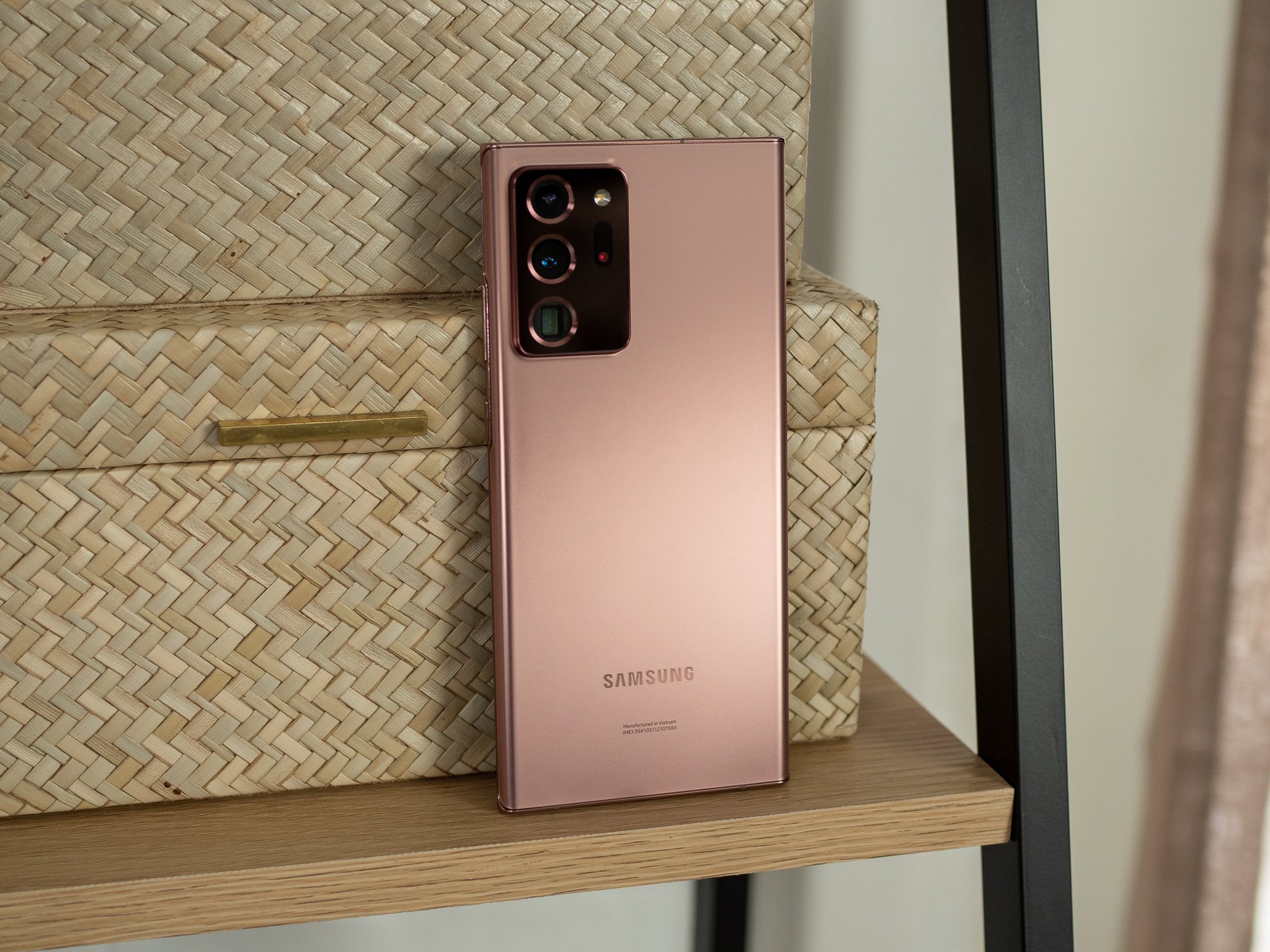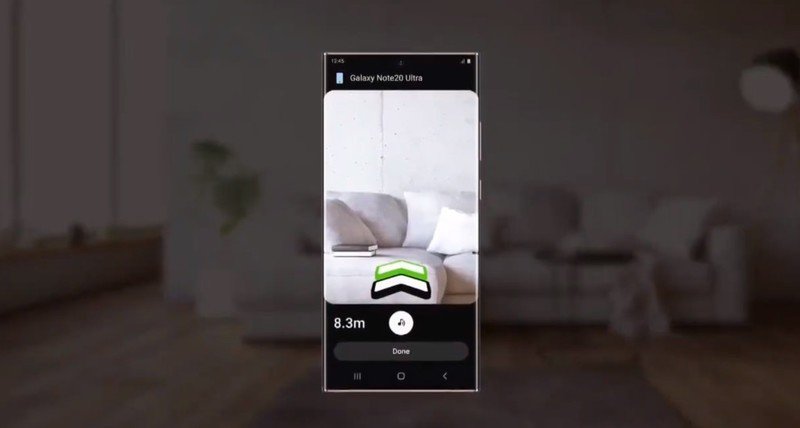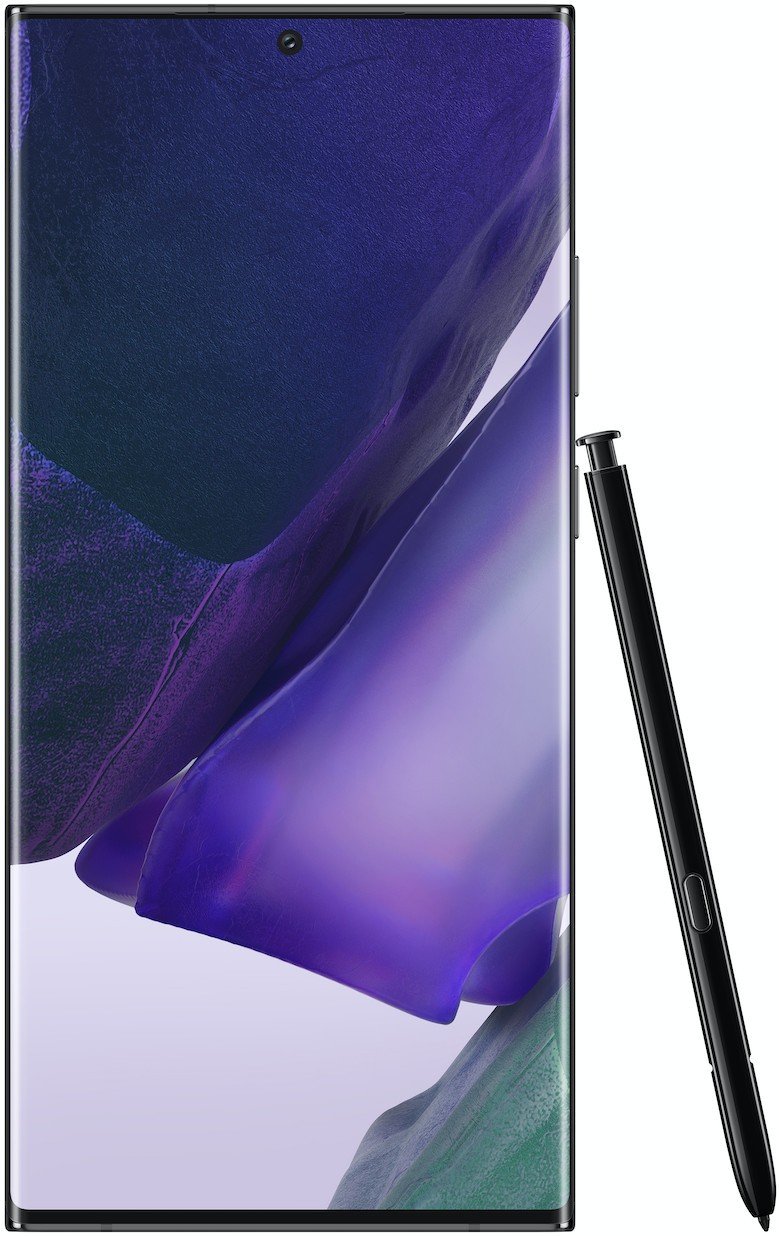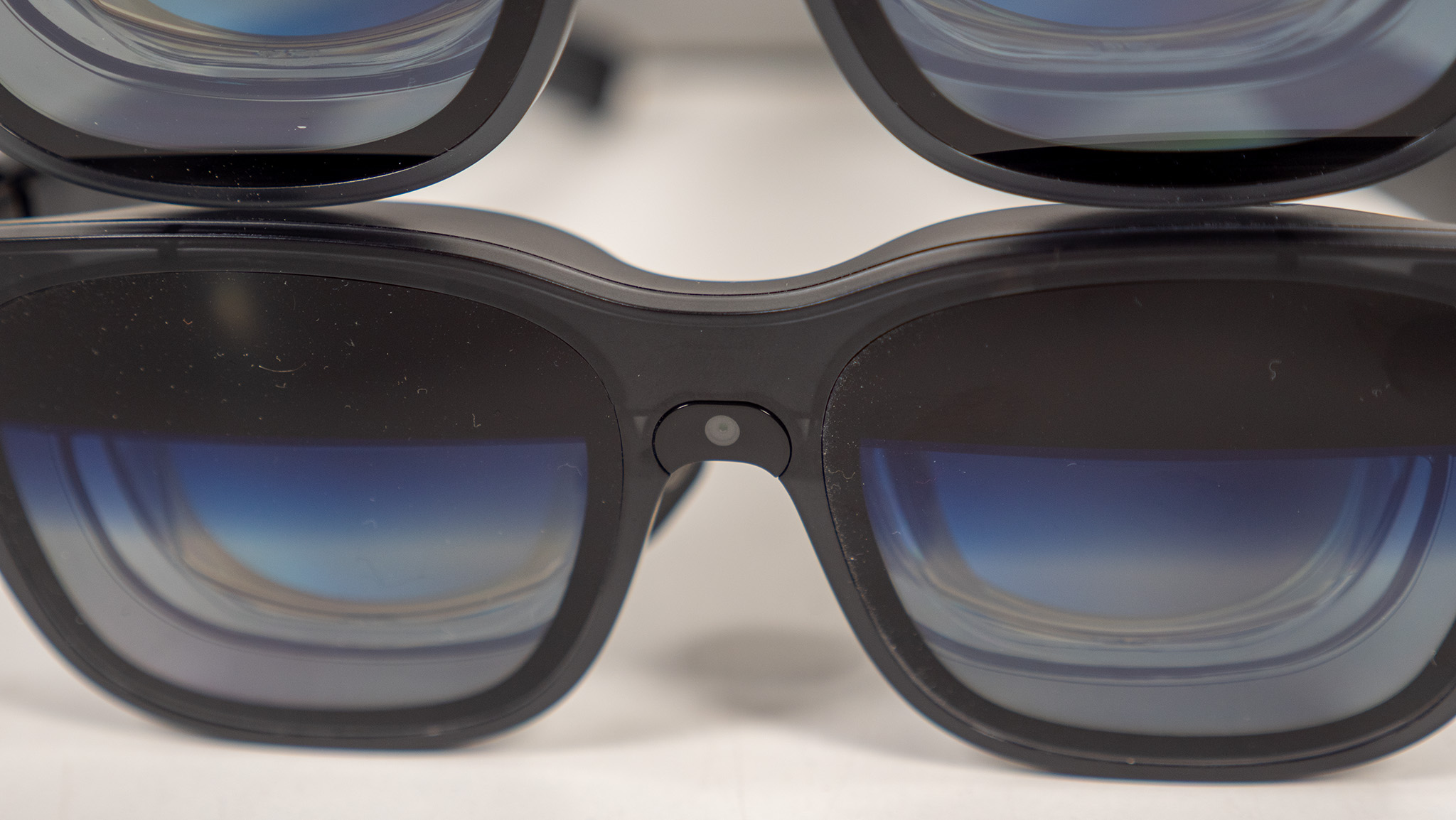The Note 20 can make Ultra Wideband mainstream because it's attached to a whole Galaxy of other products

The Galaxy Note 20 was announced with one feature that mostly flew under the radar: UWB.
UWB stands for Ultra Wideband and you might have heard about it when the iPhone 11 Pro was released with a dedicated chip to power it, but it's not an Apple idea or invention. UWB is a dedicated wireless standard the same way Bluetooth or Wi-Fi is, but it fills a need that no other wireless solution can — long-range data transfer with precision location services.
There are a lot of ways to get a precise location, but few are as precise as two objects equipped with UWB. One device sends out a signal that the other receives, and once the second device sends back a ping the two can measure a very precise (10-centimeter accuracy) line-of-site distance between them. This could be used for location service, but it's much more helpful to pinpoint the exact location of an object in relation to another object.
This is much more precise than Bluetooth or Wi-Fi, which relies on signal strength to determine distance and location. But like Bluetooth or Wi-Fi, UWB can also transmit data. With a range of about 600 feet and frequency bands that aren't likely to find signal interference, UWB can be used to transfer files as we see with the iPhone and the new Note 20, but that's not the main reason to use the feature, which is how UWB can tie into the Internet of Things and a smart ecosystem.
UWB has been around for over 10 years but chips that enable it are finally affordable.
It's expected that Apple will eventually market and sell smart tags that will help you find things like keys or your wallet using the iPhone. What if this feature were expanded to smarter devices that could initiate a connection with your phone and do more? That's where things like smart keys for cars come in. A car can be programmed to automatically unlock and turn on the ignition whenever the owner's phone is in their pocket, and UWB is how that happens. Apple has announced a partnership with BMW using this tech and Samsung is working with Hyundai and other manufacturers to do the same thing.

That's just the tip of the iceberg though. Smart door locks can work the same way. So can smart lights. Anything that is capable of running smart logic and programming can be made to work with UWB, and that means it can work with a phone using a UWB chip. This is where Samsung holds a huge advantage because it makes so many smart things.
Samsung has a secret weapon that makes UWB a lot more appealing — SmartThings.
Imagine being able to point your Galaxy phone at a Samsung TV and telling a smart assistant to change the channel or find a show. Imagine pushing a button on your refrigerator and having your phone order eggs or milk from Amazon Prime Pantry. Imagine pulling into your driveway and having the garage door open, the lights turn on, the door unlock, and the air conditioner turn on. This is all possible using Samsung products once equipped with UWB technology.
Get the latest news from Android Central, your trusted companion in the world of Android
You probably know that Samsung makes televisions and refrigerators as well as plenty of other consumer electronics. But Samsung also has a strong presence in smart home technology through the SmartThings ecosystem. From super boring but hyper-functional things like water level alarms and motion detectors to more familiar things like smart lamps and plugs, SmartThings can power just about anything that uses electricity in your home.
With UWB built into SmartThings and other Samsung Electronics products, we can move past sharing files with a new wireless standard. And there's reason to believe Samsung has this planned. During the Galaxy Unpacked presentation, we saw a demo of a Note 20 being used to find something under the couch or under a cushion, and there was a mention of SmartThings as part of a more broad ecosystem of UWB-enabled products.
You don't need a futuristic home to find UWB useful but its adoption will make one more feasible.
Most of us don't have a house like Tony Stark where everything is smart and controlled with a marvelous setup of technology, and frankly, we probably never will. But plenty of us do have a handful of smart products in our homes. A world where pointing your phone at a fan and adjusting the speed or pointing it at the window to open the blinds is a real possibility thanks to Apple adopting UWB. Taking things a step further where our phone being in our pocket lets things like this — and more — happen automatically while we simply go about our daily routine is also a real possibility with a company like Samsung adopting the tech.
Other phones throughout 2021 will include UWB because of what it can do. Samsung is the company that will define what it can do.

Jerry is an amateur woodworker and struggling shade tree mechanic. There's nothing he can't take apart, but many things he can't reassemble. You'll find him writing and speaking his loud opinion on Android Central and occasionally on Threads.

